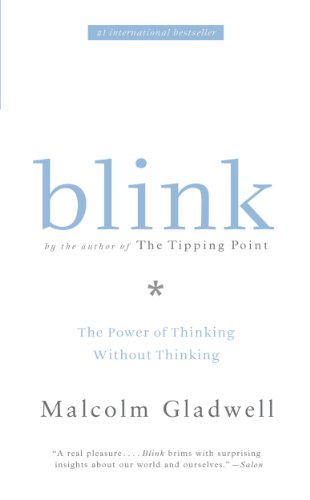

This article is an excerpt from the Shortform summary of "Blink" by Malcolm Gladwell. Shortform has the world's best summaries of books you should be reading.
Like this article? Sign up for a free trial here .
What is the mere exposure effect? Why do we like things that are familiar and dislike what’s unfamiliar?
The mere exposure effect occurs when we start to like things just because we’ve been exposed to them before. It applies to everything from the people we interact with to that song that keeps playing on the radio.
Here’s why we like the familiar and try to stay from the unfamiliar.
The Allure of Familiarity
Sometimes we like things just because they’re familiar and dislike things that are unfamiliar. We don’t like what we don’t know. Sometimes we taste, hear, or watch something different and the unconscious mind automatically registers it as bad. This can be partly explained by what is known as the “mere exposure effect.”
Gladwell gives the example of television classics All in the Family and The Mary Tyler Moore Show, which almost didn’t make it to the air because the hundreds of viewers in market testing hated them. They thought that Family’s Archie Bunker was too abrasive and that career-woman Mary was a “loser.”
These sitcoms became two of the most successful in history. Were the opinions of initial viewers just different than those of the general public? Probably not. Viewers thought that they hated these shows, but really they were just shocked by them. Once they got used to them, they realized that they actually enjoyed them.
The mere exposure effect is surprisingly robust—it’s been observed across cultures, for stimuli that are both subliminally presented and consciously processed, and even prenatally (for example, newborn babies show a preference for voices, stories, and music that they heard frequently while in utero). The flip side of this effect, of course, is that the less exposure we’ve had to something, the less likely we are to respond positively to it.
———End of Preview———

Like what you just read? Read the rest of the world's best summary of "Blink" at Shortform . Learn the book's critical concepts in 20 minutes or less .
Here's what you'll find in our full Blink summary :
- How you can tell if a marriage will fail, within 3 minutes
- Why your first impressions are usually surprisingly accurate
- The dark side to making first impressions, and how to avoid the,






